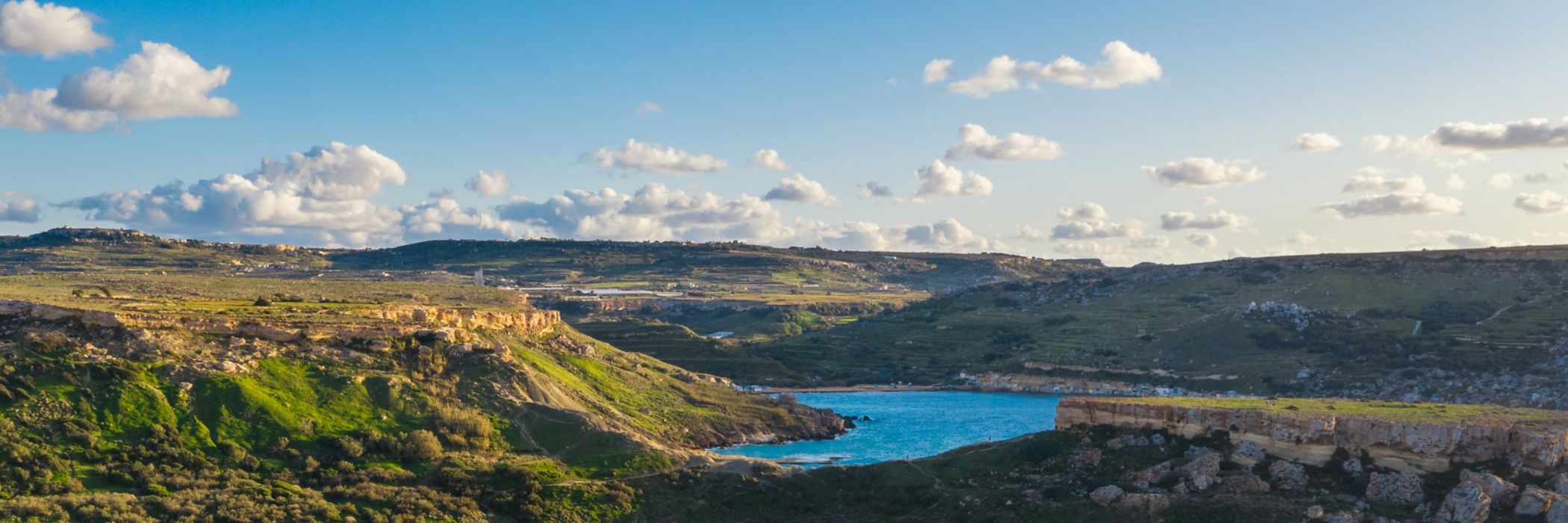2022 is a pivotal year for nature and biodiversity with international efforts stepping up to halt biodiversity loss. Despite growing awareness of biodiversity loss as a critical issue, only 40 percent of the N100 and 46 percent of the G250 recognise the loss of biodiversity or nature as a risk to their business.
The introduction of new standards, such as the Taskforce on Nature-related Financial Disclosures (TNFD) and the Corporate Sustainability Reporting Directive (CSRD), are likely to drive improvements in disclosure.
Latin America continues its regional leadership in biodiversity reporting
Latin America includes some of the most biodiverse areas on the planet but is suffering from massive biodiversity loss due to mining, land use changes, and deforestation. Currently, half of companies in the N100 in the region report on biodiversity risks.
In Europe, just over one-third (39 percent) of N100 companies are reporting, while the North America rate is at 45 percent. The top four N100 reporters are the UK (77 percent), Thailand (68 percent) and Japan (64 percent).

Biodiversity is a focus for most sectors, even ones considered lower risk
Most sectors, even low risk ones, acknowledge biodiversity as a risk to their business. In 2020, companies from the extractive industries were more inclined to report the loss of biodiversity. In 2022, there has been notable growth across a broader range of sectors, particularly in the TMT and automotive sectors.


